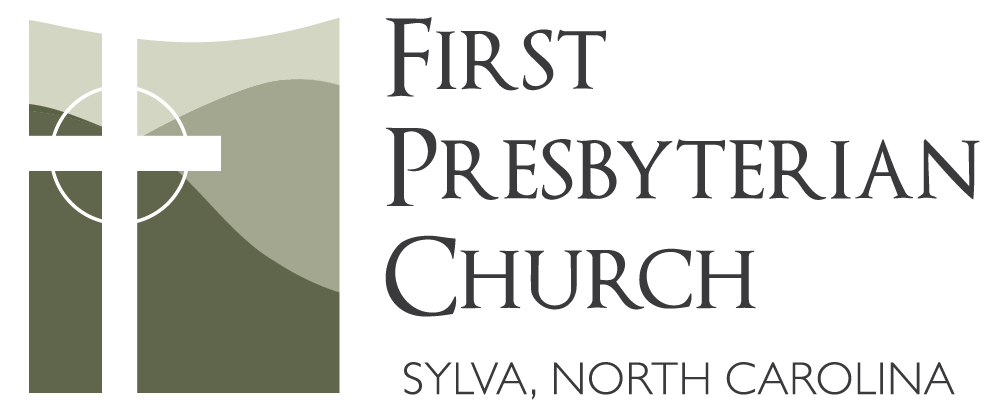Five hundred years ago this month, a man from Eisleben, in what is now Germany, compiled a list of grievances on the state of the church and the practices of its clergy. Legend has it that he took this list and nailed it to the door of All Saint’s Church in the city of Wittenburg on October 31, 1517. The man, of course, was Martin Luther, and his “95 Theses” soon went viral and sparked what we call the Protestant Reformation, a time of dramatic change within Christianity that has affected both church and world ever since. While the full impact of the Reformation is still being debated, its greatest contributions are unquestionably theological, emphasizing the authority of the Bible, our “justification by grace through faith” (the belief that people are saved not by their good works but by the grace of Jesus), and the “priesthood of all believers” (the belief that one’s relationship to God doesn’t have to be mediated by any priest other than Jesus).
As Presbyterians, we are indebted to the Reformation. The father of our tradition, John Calvin, was an admirer of Martin Luther who brought Luther’s teachings to bear on his own writings and ministry. Calvin’s influence led to what’s called the “Reformed” tradition of Protestantism, spreading through Western Europe to the United States and finding expression in our own Presbyterian Church. Today, roughly 37% of the world’s 2.2 billion Christians belong to some Protestant denomination.
As pastor at FPC, I encourage you to look deeper into our Reformation heritage, not (just) as a historical exercise, but as a spiritual one. Commit yourself again to the Bible – to its reading, its teaching, its proclamation; “the Word of God is living and active,” Hebrews tells us, “sharper than a two-edged sword.” Rejoice in the Gospel of grace – be reminded that your salvation depends not on your own goodness, but on God’s goodness towards you; “it was while we were sinners,” Romans says, “that Christ died for us.” And live out your priestly calling – praying to God, and praying with others; for “you are a holy priesthood,” 1 Peter tells us, “that you may proclaim the mighty acts of him who called you out of darkness into his marvelous light.”
None of this should happen alone, of course. One of the criticisms of the Reformation is that it individualized the Christian faith by pushing us into our Bibles (a good thing) but driving us away from the church (a bad thing). But Luther and Calvin were churchmen all their lives. Their desire was not to destroy the church, but to reform it by returning it to its original calling as Christ’s “one holy catholic and apostolic” body. Today we have the benefit of hindsight, and we can learn much from each other, including our brothers and sisters in non-Protestant Christian traditions. So let’s be the church and celebrate the gifts of the Reformation, following Christ together in Sylva and beyond.
Soli Deo Gloria,
Blake
P.S. – Looking for Reformation resources? Here are some suggestions:
- PBS TV special – Martin Luther: The Idea That Changed the World
- Timothy George, Theology of the Reformers and Diarmaid McCulloch, The Reformation
- Presbyterian Mission Agency, Resources for the Celebration of the 500th Anniversary…
- Christianity Today, Top Ten Books on the Protestant Reformation


